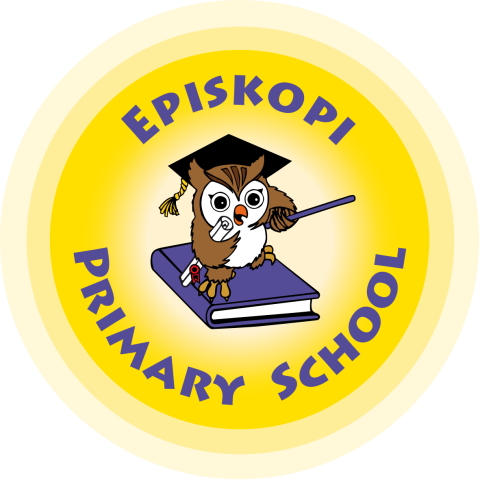Science
The aim of science at Episkopi Primary School is to enable all pupils to develop scientific knowledge and conceptual understanding through the specific disciplines of biology, chemistry and physics. We aim to develop an understanding of the nature, processes and methods of science through different types of science enquiries that help children to answer scientific questions about the world around them. Children are equipped with the scientific knowledge required to understand the uses and implications of science, today and for the future. It is important to ensure that children build on their earlier experiences.
Through science, our pupils are equipped to embody our values in learning by being encouraged to be excited about the world around them and to follow their imagination and curiosity to question and explore further. Learning is purposeful and ‘brought to life,’ through appropriate practical activities which foster language development and a strong scientific understanding through discussion. It can even be a ‘little bit messy!’
Across all year groups, within science, there is a focus on building resourcefulness and resilience, facilitating independence and ownership. Children are given the chance to select equipment and evaluate its effectiveness. It is important that children are afforded the opportunity to explore and generate questions to be investigated and reflect upon their findings and that they are able to choose the appropriate vocabulary to be able to explain their thoughts and discoveries.
Our science curriculum covers all aspects of the National Curriculum and areas of focus include:
Working scientifically
Where children are expected to: -
- ask relevant questions and use different types of scientific enquiries to answer them
- plan, set up and observe closely, taking measurements, using a range of scientific equipment, with increasing accuracy and precision, taking repeat readings when appropriate
- record data and results of increasing complexity using scientific diagrams and labels, classification keys, tables, scatter graphs, bar and line graphs
- report on findings from enquiries, including oral and written explanations, displays or presentations of results and conclusions
- use their observations and ideas to suggest answers to questions, identifying differences, similarities or changes related to simple scientific ideas and processes
- use straightforward scientific evidence to answer questions or to support their findings.
- using test results to make predictions to set up further comparative and fair tests
All of these scientific methods, processes and key skills are explored through the domains of Biology (plants, animals and humans, living things, evolution and inheritance), Chemistry (materials) and Physics (forces and magnets, the solar system, light and seeing, sound and hearing and electricity.)
We make effective use of resources and expertise from using the Collins Connect ‘Snap’ scheme of work, visits and visitors and from access to CLEAPSS (www.cleapss.org.uk) and the Association for Science Education (ASE - www.ase.org.uk) ‘Be Safe’ publication.
